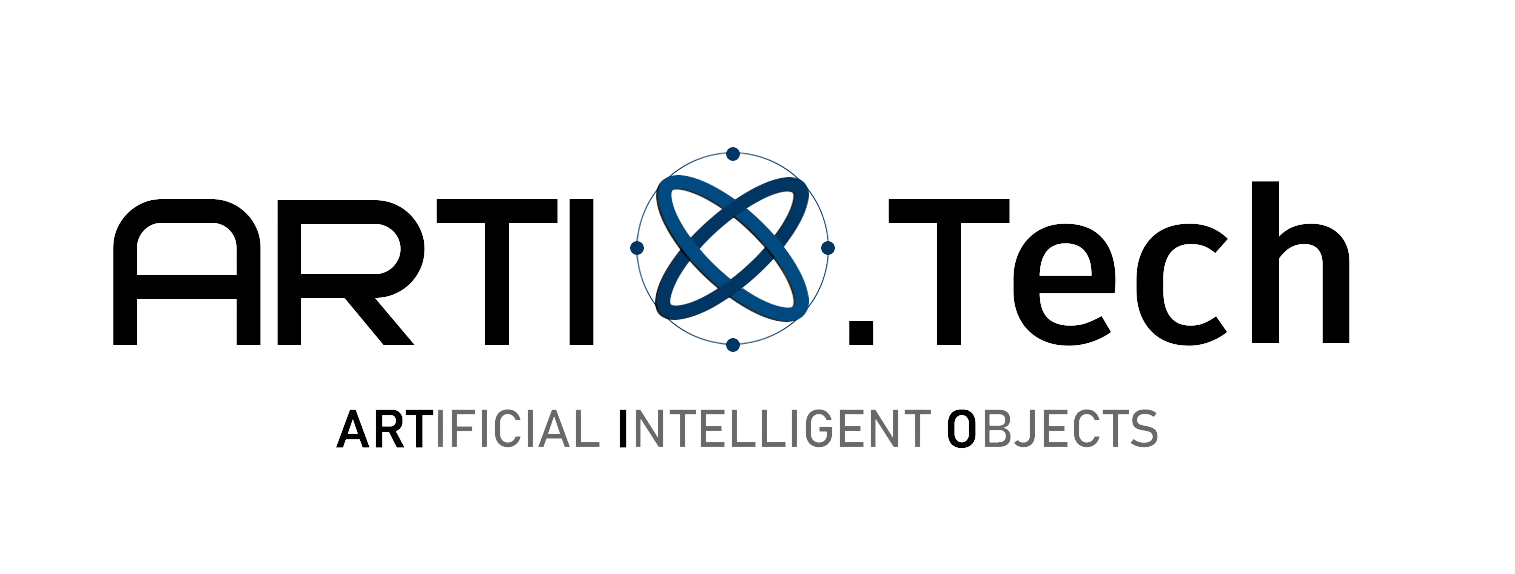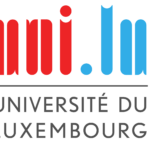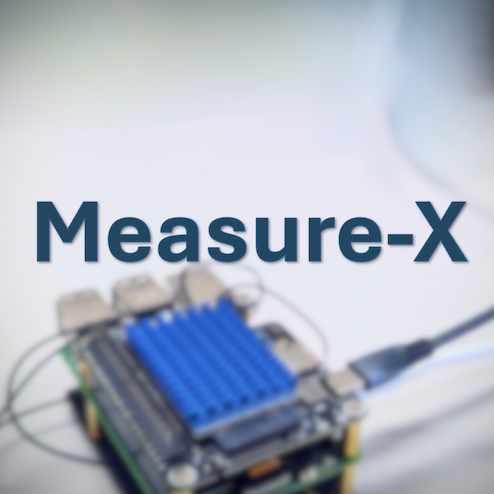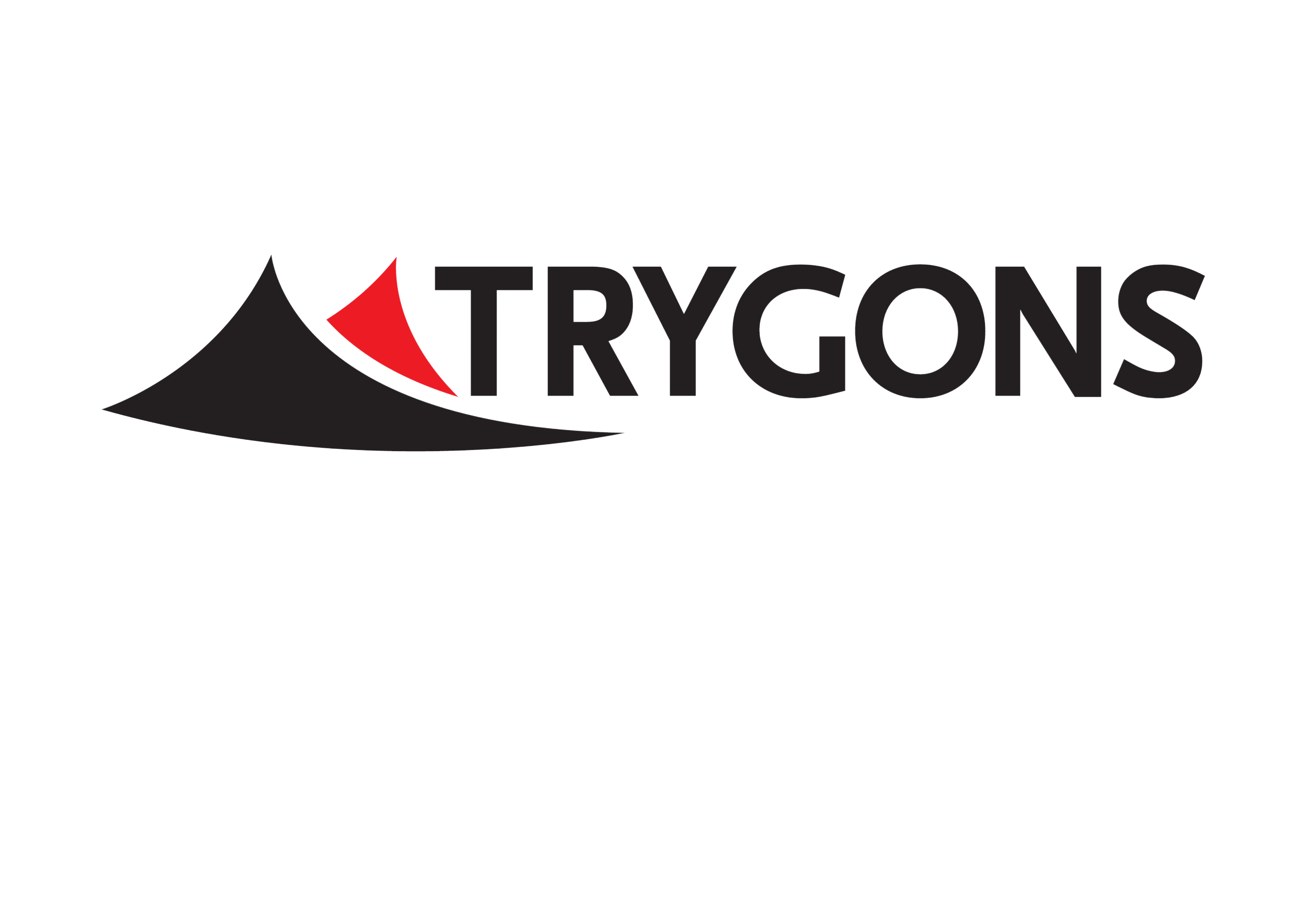Open Call Results
TARGET-X launched two open calls to select up to 100 third parties distributing 6 Million € among them. The first Open Call was open from May until August 2023, the second Open Call was launched between December 2023 and March 2024.
The funding included a lump-sum grant of up to 60,000€ per third party for the performance testing or development of devices or solutions oriented to technology providers and use cases.
The proposed activities had to address performance testing or the development of devices or solutions oriented to technology providers and use cases applicable to only one topic in one of the following verticals: manufacturing, energy, automotive, construction, and other topics for the development of new devices/solutions as well as topics for evaluation with KPI (Key Performance Indicators) – & KVI (Key Value Indicators)-based methodological assessment framework.
An incredible 159 projects were submitted in the second Open Call. After a multi-step evaluation process, 40 benificiants from all over Europe were finally selected to receive funding to further enhance the development of devices or solutions with the help from TARGET-X mentors.
TARGET-X launched the Open Calls to strengthen important economic sectors in Europe by integrating 5G and 6G, accelerating the digital transformation. By learning about new projects and funding them, the prototypes can be used to implement technology ready for industrial usage. The projects help to define new requirements for the 5G and 6G development. The funding and development of the projects will make for an interesting journey.
Beneficiants from the second Open Call
Automotive

Ecosync is an innovative project that aims to improve the battery management, range autonomy and sustainability of the electric vehicles on the roads, leveraging 5G as a reliable method of connection that permits the implementation of this project. The project is delivered with the collaboration of Minervas and volvero, leveraging their experience in vehicle optimization and fleet of vehicles.
Construction
Construction sites are challenging environments for data collection, especially environmental data, which is critical for designing effective strategies. A plug-and-play 5G sensor ecosystem is proposed to monitor three key factors: power consumption, machinery/vehicle usage, and waste management. Construction sites’ mobility hinders consistent data streams, but implementing a private or public 5G network during construction enables environmental footprint assessments from Day 1. This reduces future 5G costs, as initial expenses are absorbed during the build phase. The project aims to create energy-efficient, battery-powered devices for 5G connectivity, ensuring autonomy and efficiency in harsh environments like mines and quarries.
The aim of the project „5G Tracking of Circular Facade Elements“ is to conceptualise and assemble a facade greening system mount to a circular facade element. Throughout the integration of 5G-sensor technology the montitoring of the vitaly of the plants as well as the life cycle of the facade element is possible. This results in immediate response to changes and greater resource efficiency for the plants. Based upon the concept of the circular and greenable facade system a circular business model is to be drafted.

| The construction industry faces mounting challenges, including average construction site delays of 200 days and budget overruns of up to 20%. With profit margins as low as 6-15%, maintaining profitability becomes increasingly difficult, especially as a shortage of skilled labour further impacts site performance.
These pressures drive demand for advanced site monitoring tools capable of providing accurate data to support better resource planning and reduce time burdens on critical personnel. BIMonitor aims to integrate 5G technology into Hardware and software solution that monitor construction progress against BIM models. This should significantly enhance real-time data updates and progress tracking, offering the industry a much-needed boost in efficiency and performance. |
During the Target-X project, they aim to enable data-driven, real-time construction progress updates and provide reliable BIM-based progress reports to support scheduling adjustments and enhance decision-making.
Energy

| The project’s main challenge is to contribute to the overarching goal of integrating advanced digital technologies into Europe’s energy sector by developing solutions to maximize self-consumption of renewables and improve energy efficiency by utilizing 5G technology. |
The demonstration of the project’s system effectiveness will take place in a building outfitted with comprehensive RE installations, including PV panels, wind turbines and a heat pump, along with an EV charger and a network of sensors measuring all consumption and generation profiles.
Manufacturing


METALINK enhances Metal Additive Manufacturing (MAM) via a 5G-enabled monitoring and control system. METALINK project is going to apply intelligent monitoring and real-time control systems through 5G technology to improve the surface quality and geometry accuracy of the produced parts that are needed in the MAM industry.
| The 5G-EQCT project seeks to automate quality control in composite parts manufacturing by using ultra–High Definition and thermal cameras for detailed surface defect scanning and subsurface air inclusion detection, surpassing the limits of human vision.
After meticulously defining the solution’s specifications and work plan, the focus is now on procuring the necessary hardware to establish our first test bench setup, marking the beginning of sample testing and dataset acquisition. A successful final prototype will be a significant breakthrough not only for TRYGONS but for the entire sector, delivering a cost-effective tool to enhance quality control. |
Technology Evolution beyond 5G

Measure-X is a tool designed to monitor 5G network metrics in environments with coexisting applications. It collects standard network metrics like round trip time, jitter, throughput, and packet loss, while also measuring the energy consumed by client devices during communication—a crucial feature for battery-powered, mobile nodes common in 5G scenarios. Additionally, Measure-X evaluates the Age of Information (AoI), an essential metric for ensuring up-to-date information in end-to-end communication, making it ideal for energy-efficient and time-critical 5G applications.










